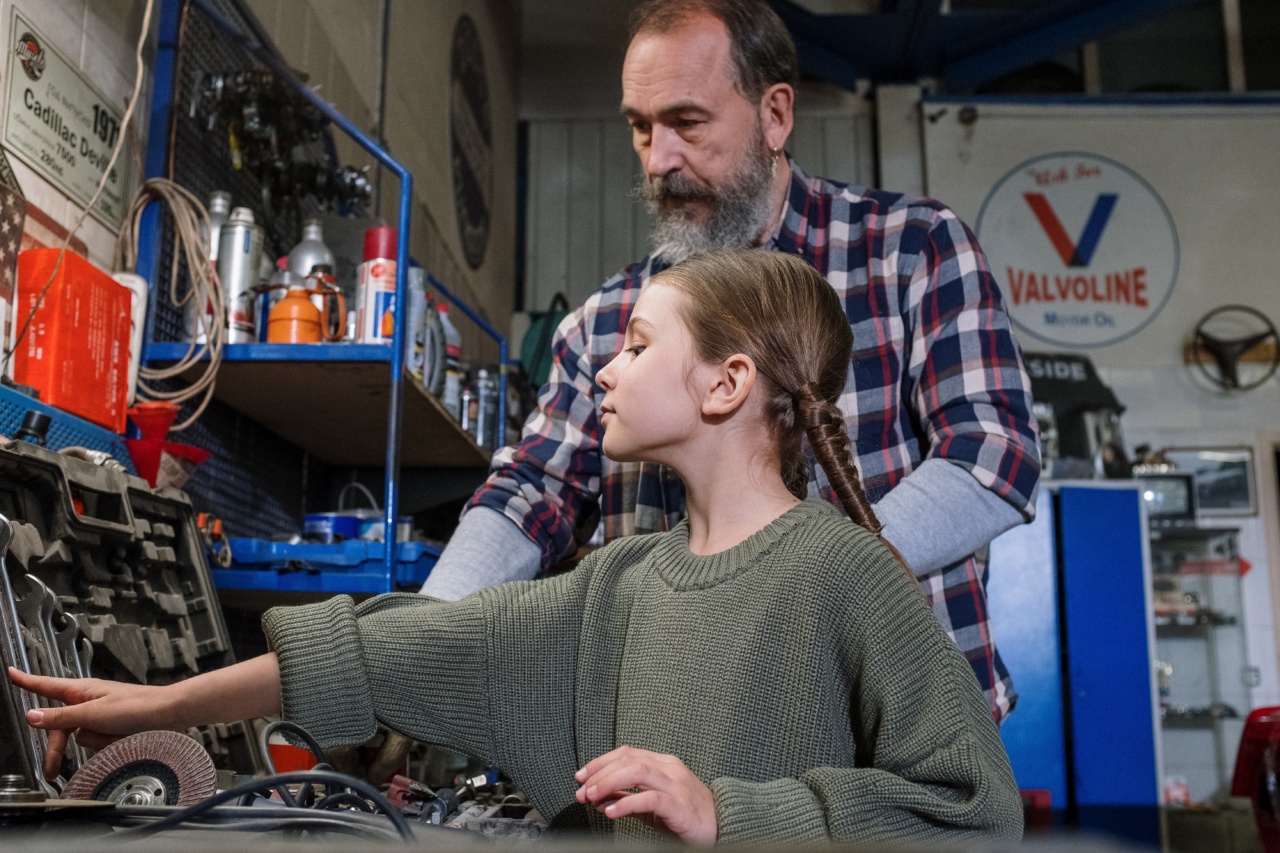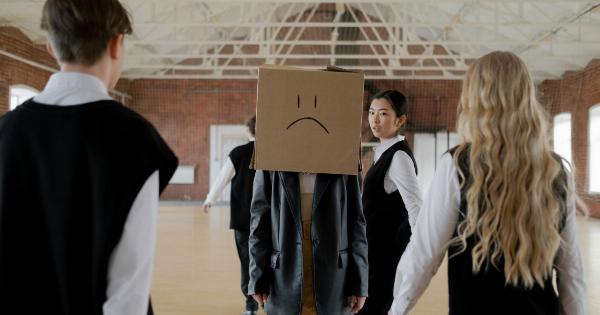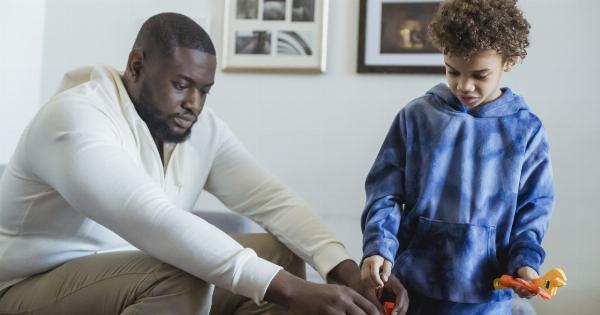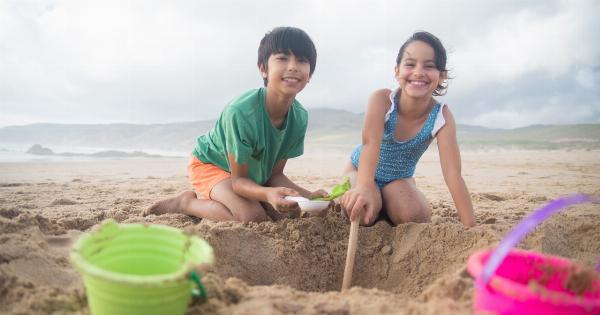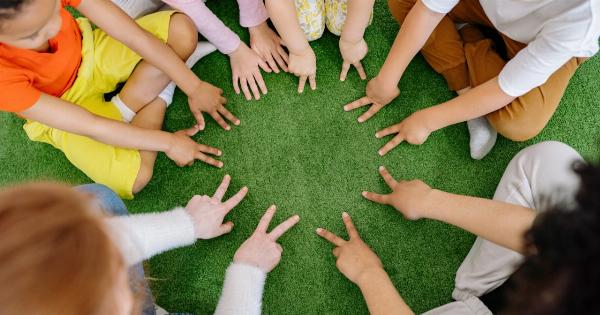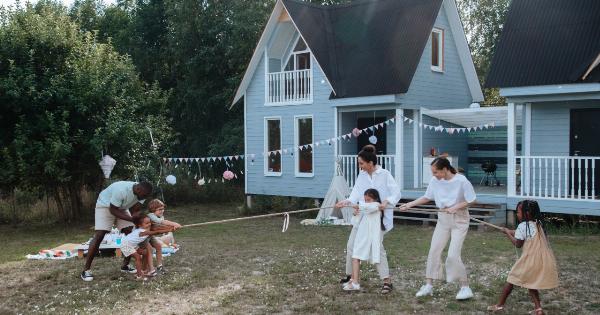As parents, we all want the best for our children. We want them to grow up happy, healthy and well-adjusted.
But what if your child appears to be overly attached to possessions? What if they are excessively possessive about their toys, clothes, or other belongings? This can be a worrying sign, as it may indicate deeper emotional or psychological issues that need to be addressed.
What is Possessiveness?
Possessiveness is a strong feeling of ownership over something or someone. When it comes to possessions, a child may develop possessive behavior when they feel that their belongings are an extension of themselves.
To them, their toys or clothes may feel like a part of their identity, and losing them may cause anxiety or distress.
It’s important to remember that some degree of possessiveness is normal and even healthy. Children form attachments to their possessions and may use them as a form of self-expression and autonomy.
It’s a natural part of childhood development, and as parents, we need to accept and nurture this behavior up to a certain extent.
When Does Possessiveness Become a Problem?
It becomes a problem when your child’s attachment to possessions becomes excessive and begins to interfere with their daily life. Signs that your child may be overly attached to possessions include:.
- Refusing to share or lend their belongings, even with siblings or close friends
- Throwing tantrums or becoming inconsolable when faced with the prospect of losing or giving away their belongings
- Hoarding items or refusing to throw away toys or clothes even when they are old or damaged
- Obsessively organizing or categorizing their belongings, to the point where it disrupts their daily routines
- Spending excessive time or money on collecting or acquiring possessions
If you notice any of these signs in your child, it’s time to take a closer look at their behavior and find out what may be causing it.
Causes of Possessiveness in Children
There are many potential causes of possessiveness in children, including:.
- Attachment issues – if a child feels insecure or anxious, they may develop strong attachments to possessions as a way of coping
- Fear of loss – losing a prized possession may feel like a traumatic event for some children, especially if they don’t feel in control of their environment
- Personality traits – some children are naturally more possessive or obsessive than others, due to their personality or temperament
- Cultural factors – in some cultures, possessions hold great symbolic or emotional value, and children are encouraged to form strong attachments to them
- Lack of social skills – if a child has difficulty making friends or connecting with others, possessions may become a substitute for social interaction
Identifying the underlying cause of your child’s possessiveness is key to addressing the behavior and helping them develop healthier attitudes towards possessions.
How to Help Your Child Overcome Possessiveness
If you’re concerned that your child’s possessiveness is becoming a problem, there are several things you can do to help them overcome it:.
- Lead by example – model healthy attitudes towards possessions by sharing your own belongings or donating items you no longer need
- Teach empathy – help your child understand how their possessiveness may be impacting others, and encourage them to think about other people’s feelings and needs
- Promote generosity – teach your child the joy of giving, and encourage them to share or donate their possessions to others in need
- Practice detachment – help your child understand that possessions are not the most important things in life, and that happiness and fulfillment come from within
- Seek professional help – if your child’s possessiveness is severe or interfering with their daily life, consider seeking the help of a child therapist or counselor
Conclusion
Possessiveness is a natural part of childhood development, but it can become a problem when it starts interfering with your child’s daily life.
By understanding the causes of possessiveness and taking steps to address it, you can help your child form healthier attitudes towards possessions and develop into a well-adjusted, happy adult.
